Author: John Davies
-
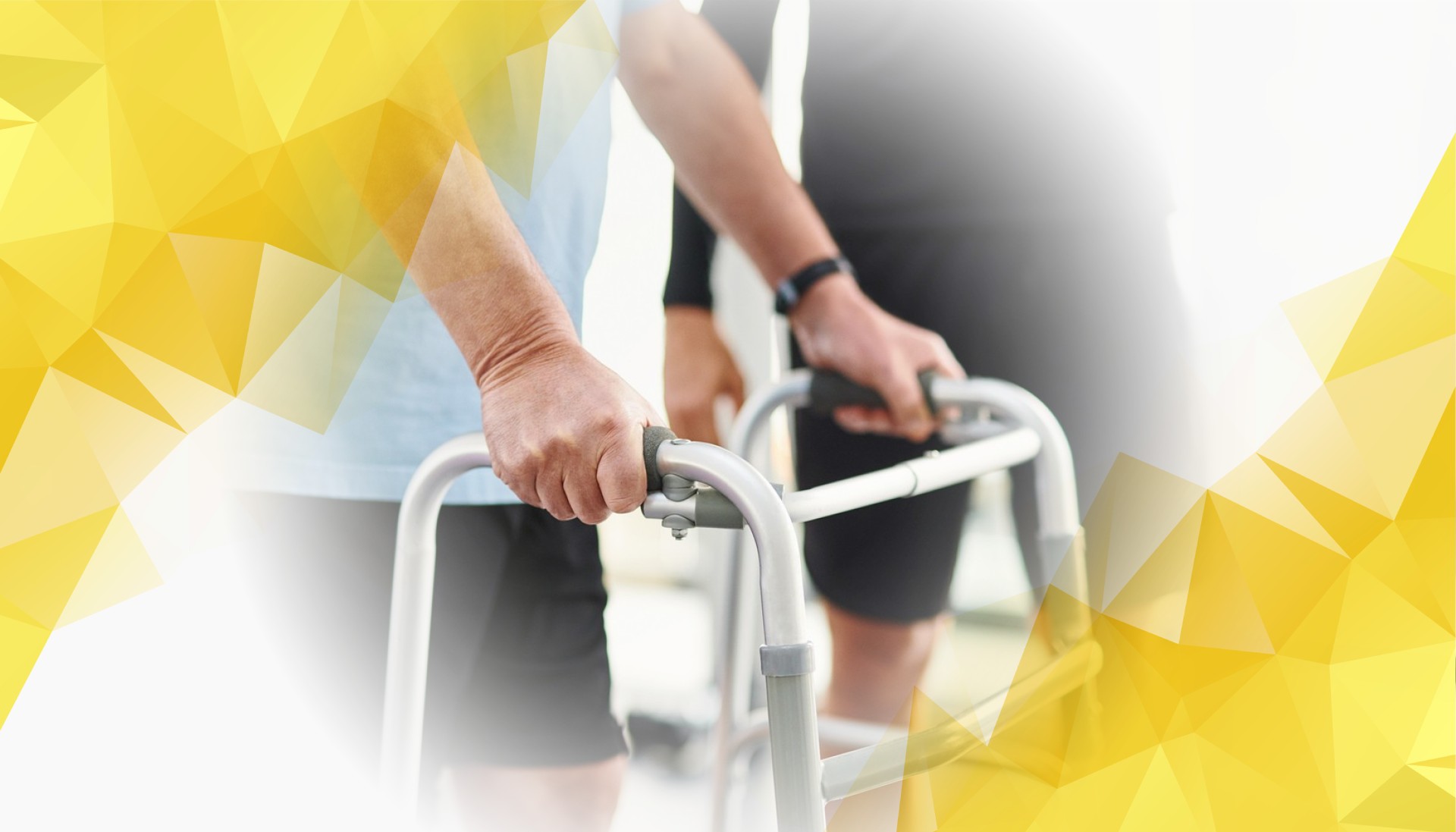
Minimising Participant Burden in Clinical Trials: How MAI Motion’s Streamlined Sit-to-Stand Test and Remote Monitoring Make a Difference
Introduction One of the biggest challenges in clinical trials today is managing participant burden —the demands placed on volunteers, including the time commitment, physical effort, discomfort, and travel to clinics. High levels of burden can lead to dropouts, incomplete data, …
-
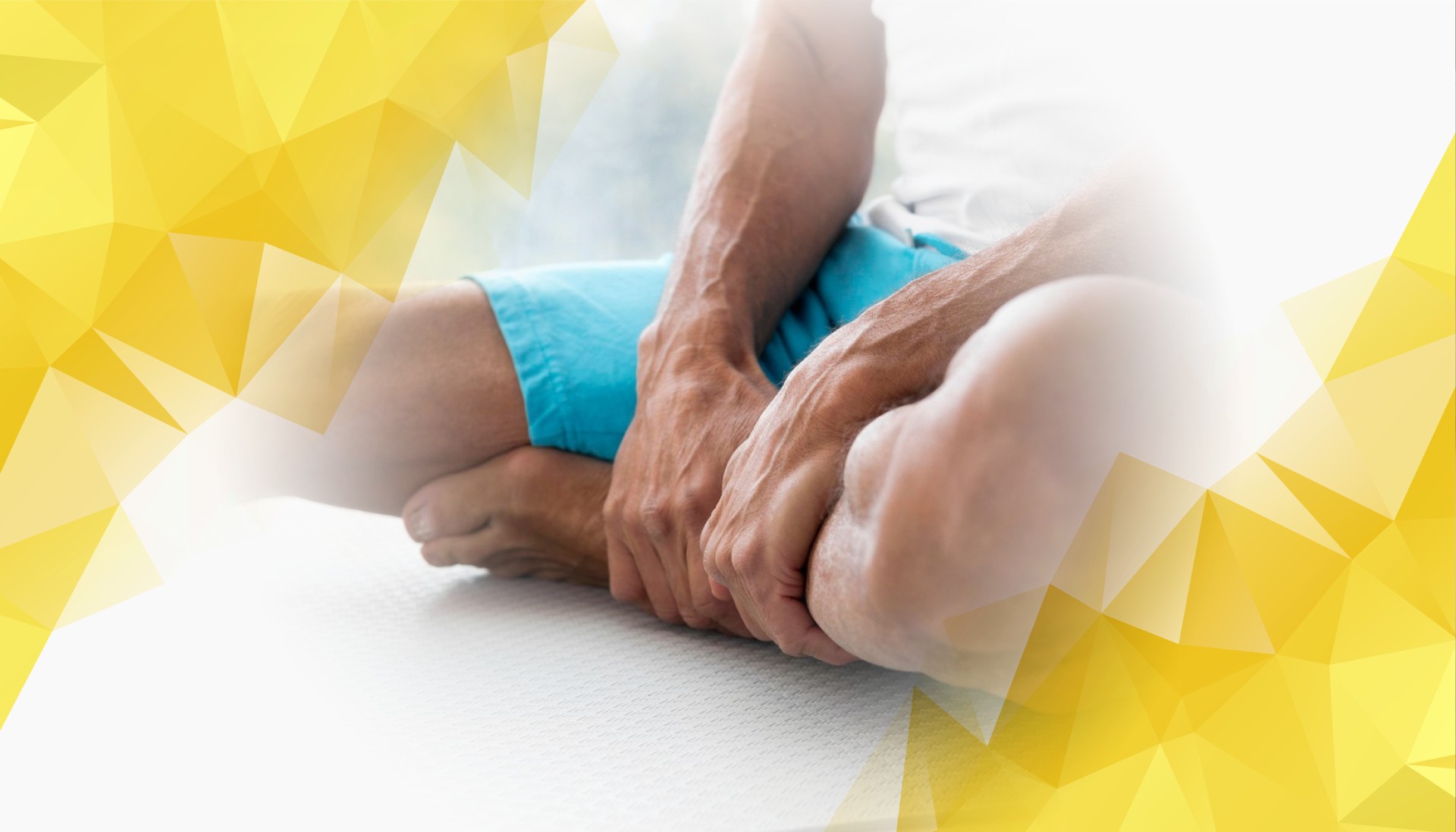
Optimising Preoperative Strength for Total Knee Arthroplasty with MAI Motion Prehabilitation
As knee replacement surgeries become more common, it’s increasingly important to address muscle weakness and poor joint function before surgery—factors that can slow down recovery. Prehabilitation , or “prehab,” is an approach that helps patients prepare physically for surgery by …
-
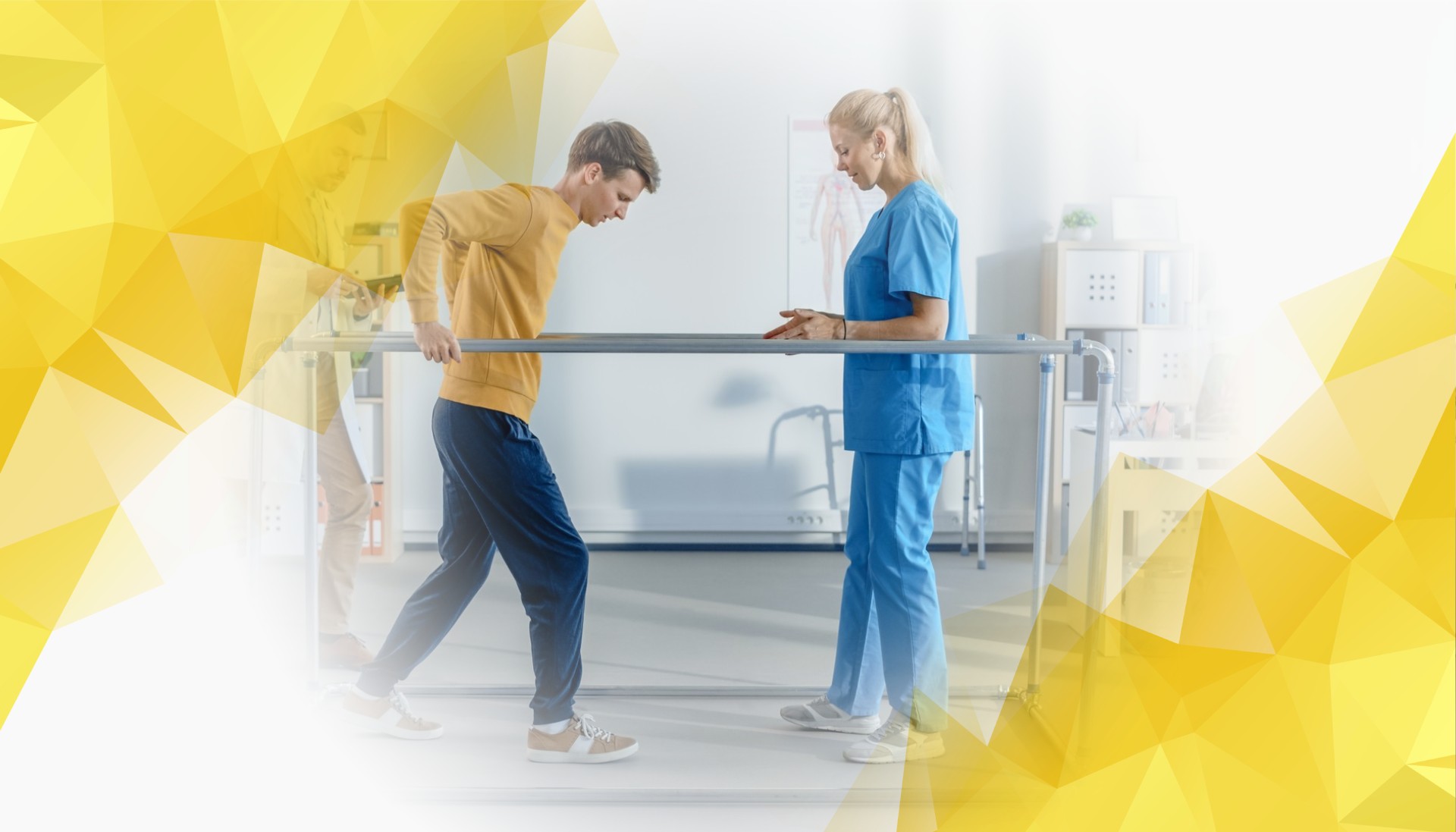
Harnessing MAI Motion for Proactive Detection of Movement Disorders: A Data-Centric Pathway to Early Intervention
Imagine Mrs. Evelyn Clarke, a vibrant 68-year-old who started experiencing slight difficulty when standing up. To her family and friends, it was hardly noticeable, and even her doctors missed it—until more obvious symptoms of Parkinson’s disease emerged. By then, treatment …
-

Integrating MAI Motion into Telehealth for Enhanced Preventive Healthcare Assessment
Chronic musculoskeletal conditions like arthritis and joint pain are becoming more widespread worldwide, adding significant pressure on healthcare systems. This growing challenge makes effective preventive care more crucial than ever. Luckily, innovative technologies are now available to help spot problems …
-
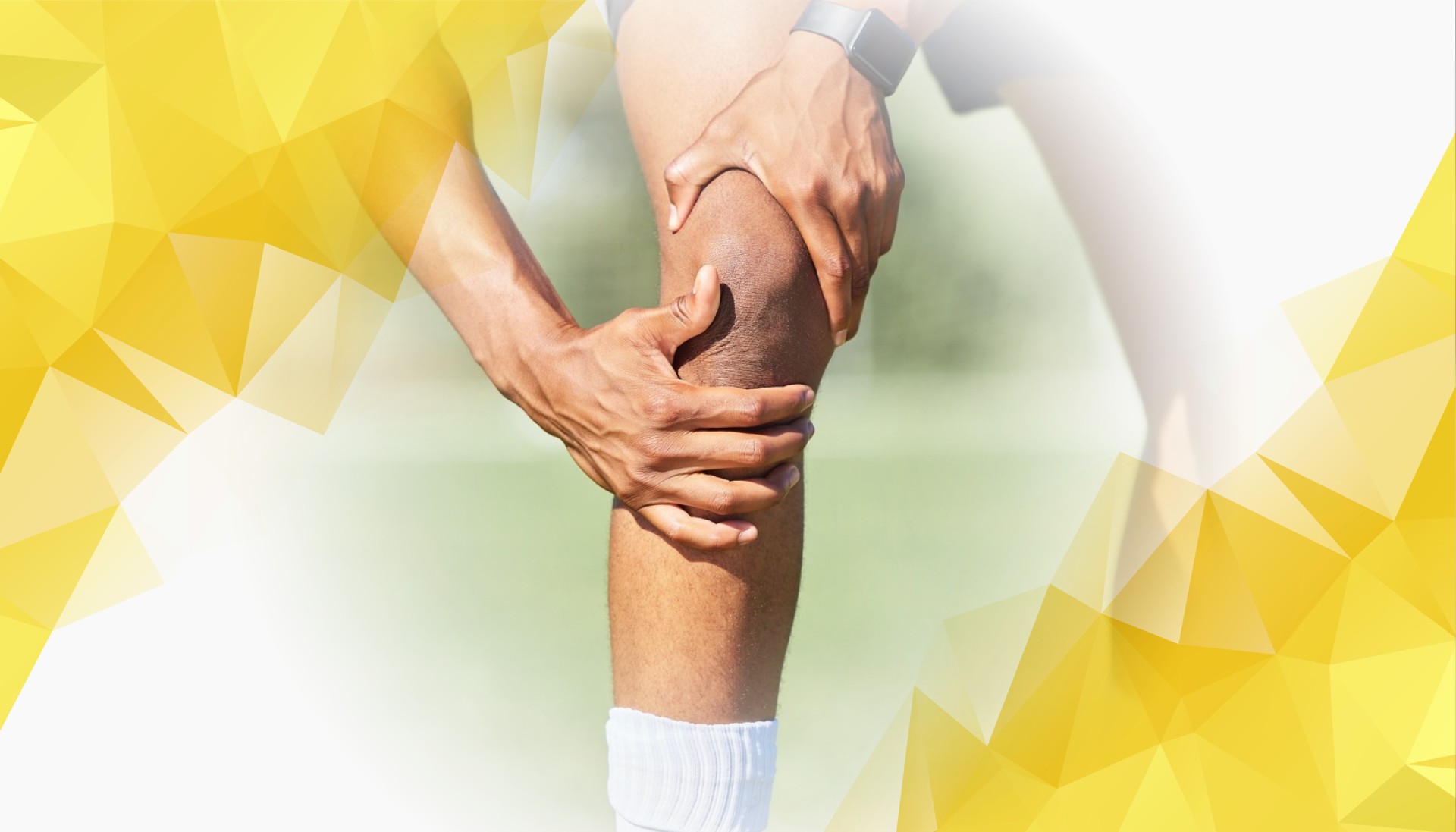
Revolutionising Knee Care: How MAI Motion is Transforming Treatment for Osteoarthritis and Meniscus Tears
Introduction Healthy knees are key to staying active and enjoying daily life, but conditions like osteoarthritis and meniscus tears often get in the way. These common issues can cause pain, stiffness, and limit your ability to move freely. Traditional treatments …
-
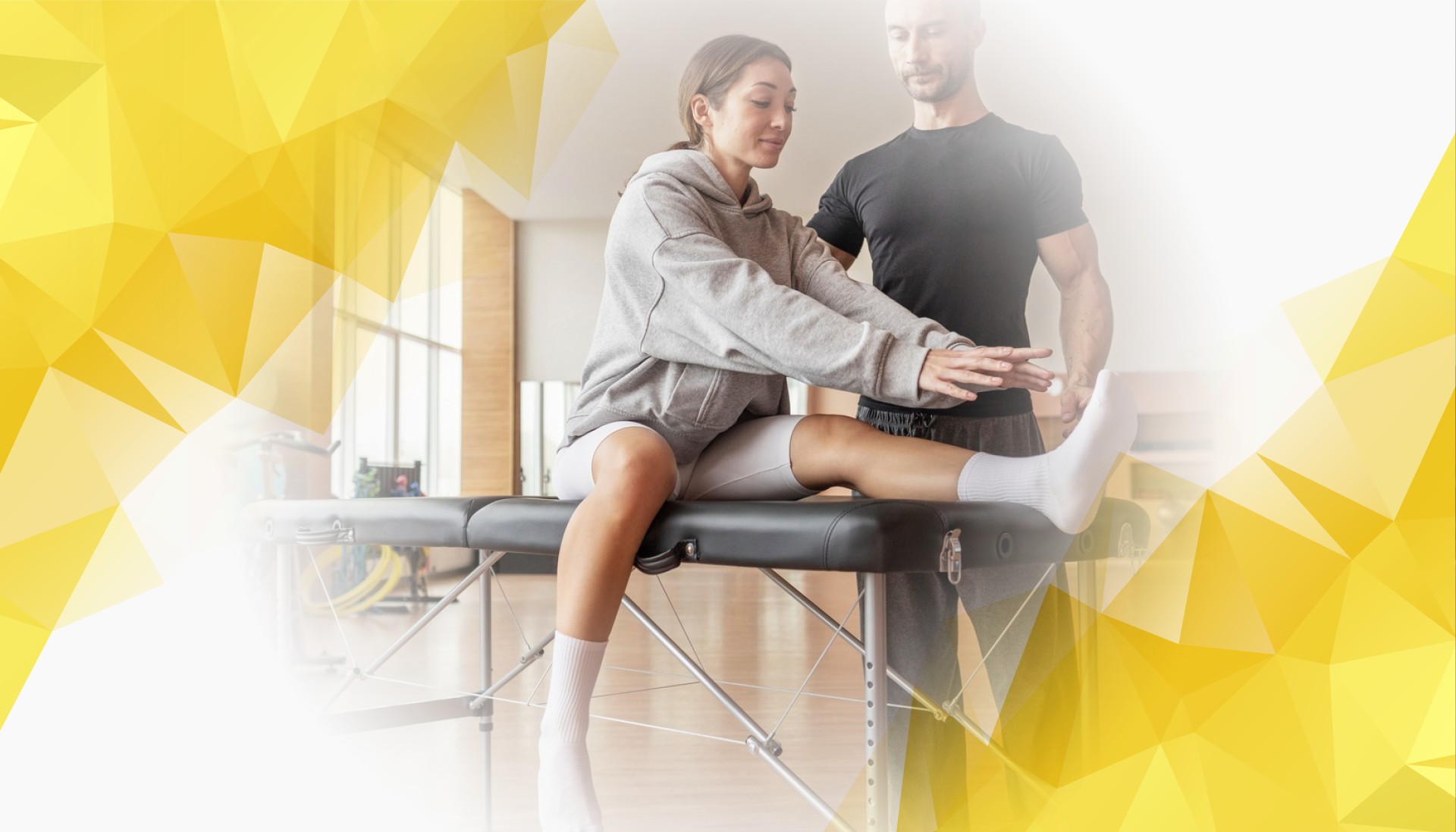
Balancing Precision and Burden: Evaluating the Three-Repetition Sit-to-Stand Test in Diverse Clinical Cohorts with MAI Motion
The sit-to-stand (STS) test is a well-established way to measure a person’s ability to transition from sitting to standing, a movement that is fundamental for mobility and balance. This assessment is particularly important for older adults and individuals with musculoskeletal …
